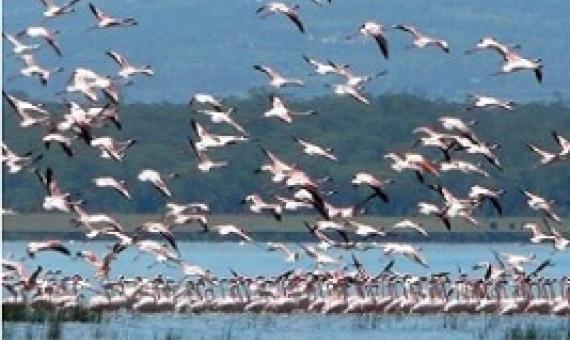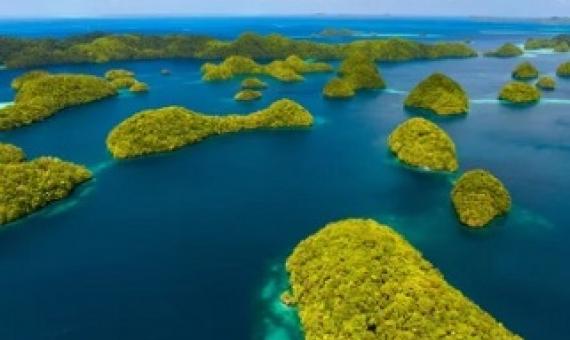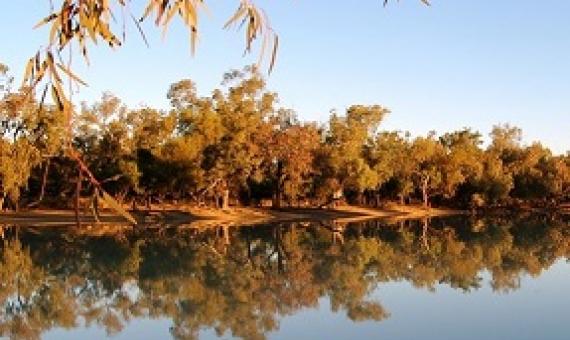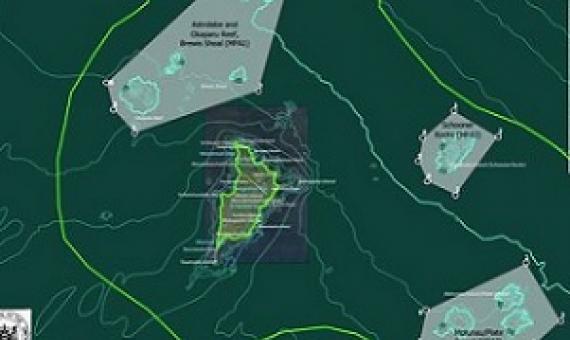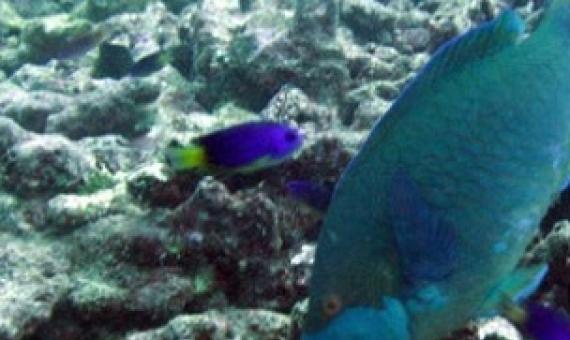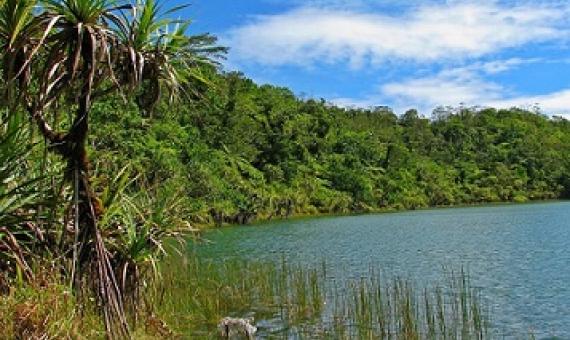Kenya on World Environment Day barred all single-use plastics such as water bottles and straws from its national parks, beaches, forests and other protected areas. The implementation of the ban, first announced a year ago, was ordered in a letter from Tourism Minister Najib Balala last week.
World Database on Protected Areas
The World Database on Protected Areas (WDPA) is the most comprehensive global database of marine and terrestrial protected areas, updated on a monthly basis, and is one of the key global biodiversity data sets being widely used by scientists, businesses, governments, International secretariats and others to inform planning, policy decisions and management. The WDPA is a joint project between UN Environment and the International Union for Conservation of Nature (IUCN).
Social Assessment for Protected and Conserved Areas (SAPA) - 2nd Edition
In April 2013, IIED in partnership with Fauna and Flora International (FFI) and the UN Environment World Conservation Monitoring Centre (UNEP-WCMC), launched a project to develop and pilot the Social Assessment for Protected Areas methodology (SAPA).
On 2 June 2020 the BIOPAMA Action Component launched the call for proposals for Rapid Response Grants.
The Biodiversity and Protected Areas Programme (BIOPAMA) is conducting a global review of the impacts of COVID-19 on area based conservation measures. This has been requested by the European Commission (EC) to guide policy development and prioritise support activities.
The Palaszczuk Government is demonstrating its commitment to extending joint management opportunities with Traditional Owners and supporting local road safety projects with a motion agreed to by the Queensland Parliament today.
A toolkit to support conservation by indigenous peoples and local communities: Building capacity and sharing knowledge for Indigenous Peoples’ and Community Conserved Territories and Areas (ICCAs)
Local communities and indigenous peoples make substantial contributions to global conservation efforts and sustainable development. While these communities are often the primary ‘resource stewards’ who rely on ecosystems to meet food security, livelihood and health needs, their contribution to the achievement of global conservation targets have not yet been fully recognized...This toolkit presents a selection of practical resources, developed by numerous organisations, making them readily accessible to community-based organisations who manage ICCAs.
The final decision on the proposed Motiti Protection Areas has been released by the Environment Court. he decision directs Bay of Plenty Regional Council to implement new rules within its Regional Coastal Environment Plan to protect three reef systems near Motiti Island and complete scientif
Climate change and warming seas are transforming tropical coral reefs and undoing decades of knowledge about how to protect these delicate and vital ecosystems. Many of the world's coral reefs are seeing biodiversity plunge in the face of repeated coral bleaching events.
Here we provide a review of how ‘protected area’ effectiveness was addressed in the 2011-2020 plan and based on this, provide recommendations for fit-for-purpose indicators that will measure how such efforts contribute to the conservation of biodiversity.


